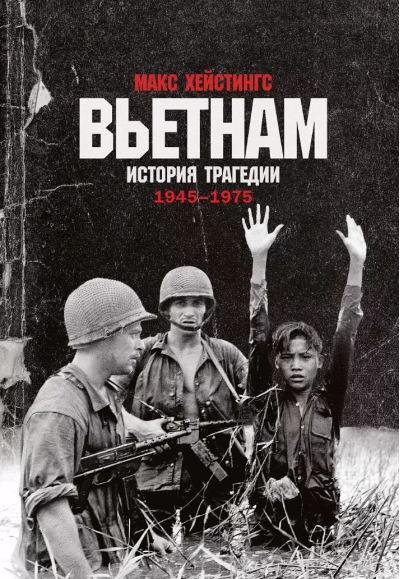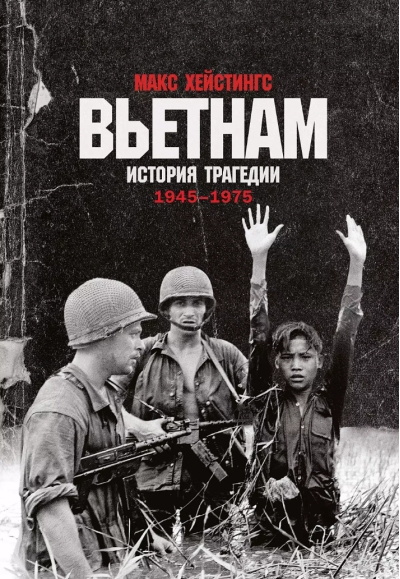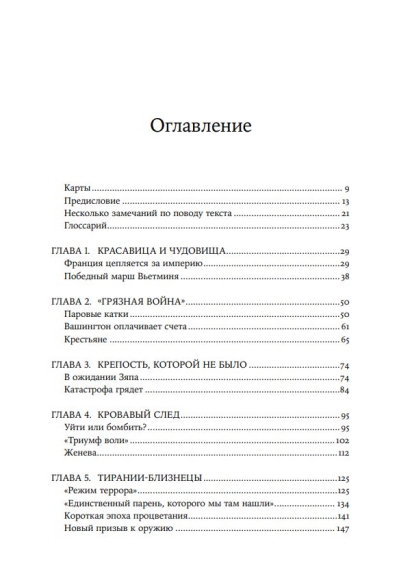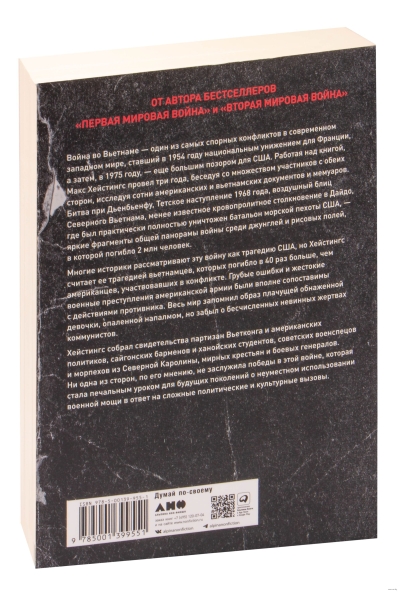Vietnam. History of Tragedy. 1945-1975
19.99 €
In stock
"Vietnam" is the next seminal work by Hastings, bestselling author of "World War I" and "World War II," a truly sweeping account of an epic struggle. In his new book, Hastings describes the Vietnam War in great detail: the chronology of the fighting, the lives of ordinary people in the war, atrocities on both sides of the conflict, behind-the-scenes political games, personal recollections of the participants.
The Vietnam War is one of the most controversial conflicts in the modern Western world, which became a national humiliation for France in 1954 and then, in 1975, an even greater disgrace for the United States. Working on the book, Max Hastings spent three years talking to many participants on both sides, researching hundreds of American and Vietnamese documents and memoirs. The Battle of Dien Bien Phu, the Tet Offensive of 1968, the North Vietnamese air blitz, and the lesser-known bloody clash at Daido, where a battalion of U.S. Marines was almost completely wiped out, are vivid fragments of the overall panorama of a war among jungles and rice paddies in which 2 million men died.
Many historians view the war as a tragedy of the United States, but Hastings sees it as a tragedy of the Vietnamese, who lost 40 times as many lives as the Americans involved in the conflict. The gross mistakes and brutal war crimes of the U.S. Army were quite comparable to those of the enemy. The whole world remembered the image of the crying naked girl scorched by napalm, but forgot the countless innocent victims of the Communists.
Hastings collected testimonies from Viet Cong guerrillas and American politicians, Saigon bartenders and Hanoi students, Soviet military specialists and North Carolina Marines, peaceful peasants and battlefield generals. Neither side, he argues, deserved to win this war; it is a sad lesson for future generations about the inappropriate use of military might in response to complex political and cultural challenges.
The Vietnam War is one of the most controversial conflicts in the modern Western world, which became a national humiliation for France in 1954 and then, in 1975, an even greater disgrace for the United States. Working on the book, Max Hastings spent three years talking to many participants on both sides, researching hundreds of American and Vietnamese documents and memoirs. The Battle of Dien Bien Phu, the Tet Offensive of 1968, the North Vietnamese air blitz, and the lesser-known bloody clash at Daido, where a battalion of U.S. Marines was almost completely wiped out, are vivid fragments of the overall panorama of a war among jungles and rice paddies in which 2 million men died.
Many historians view the war as a tragedy of the United States, but Hastings sees it as a tragedy of the Vietnamese, who lost 40 times as many lives as the Americans involved in the conflict. The gross mistakes and brutal war crimes of the U.S. Army were quite comparable to those of the enemy. The whole world remembered the image of the crying naked girl scorched by napalm, but forgot the countless innocent victims of the Communists.
Hastings collected testimonies from Viet Cong guerrillas and American politicians, Saigon bartenders and Hanoi students, Soviet military specialists and North Carolina Marines, peaceful peasants and battlefield generals. Neither side, he argues, deserved to win this war; it is a sad lesson for future generations about the inappropriate use of military might in response to complex political and cultural challenges.
See also:
- All books by the publisher
- All books by the author



















